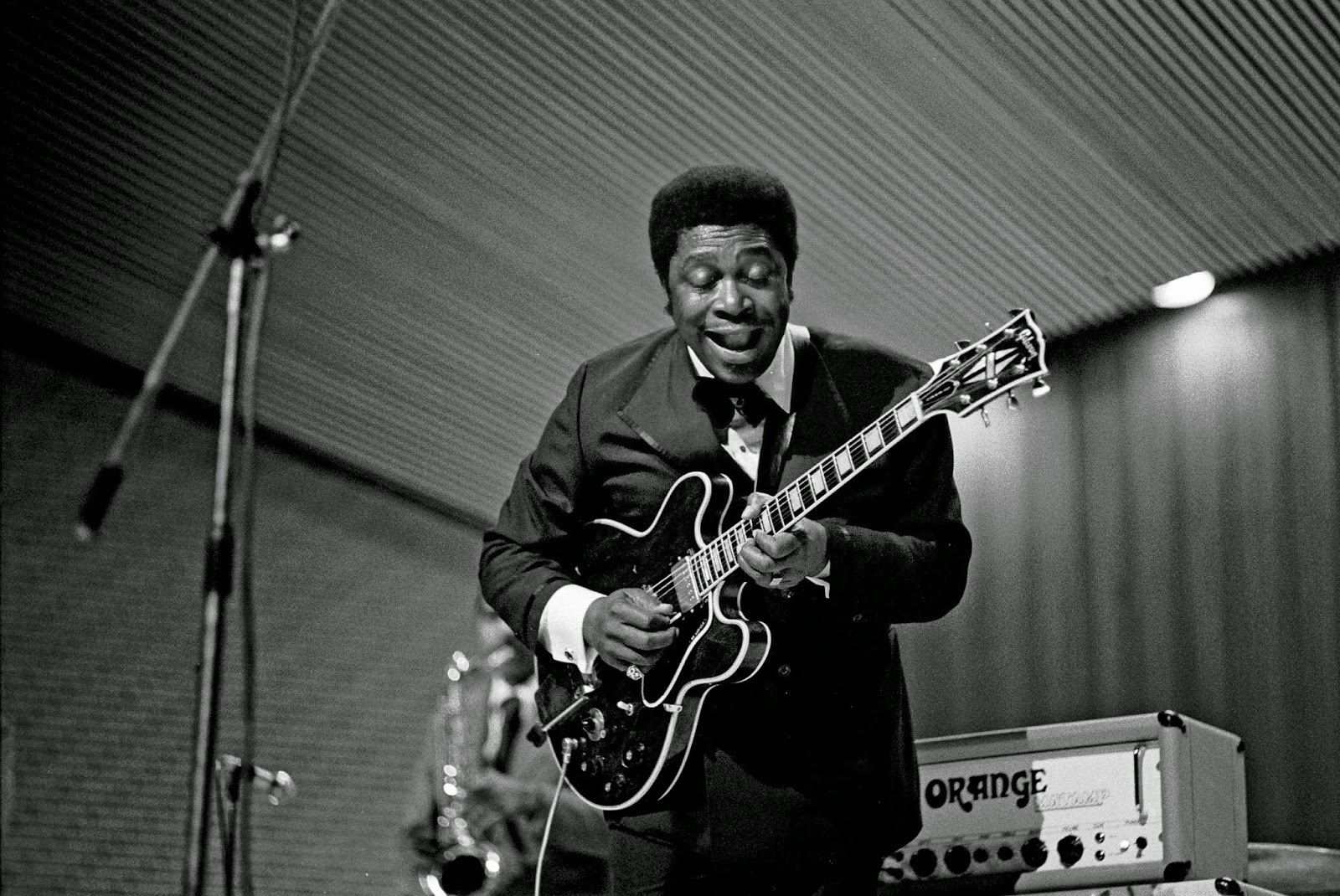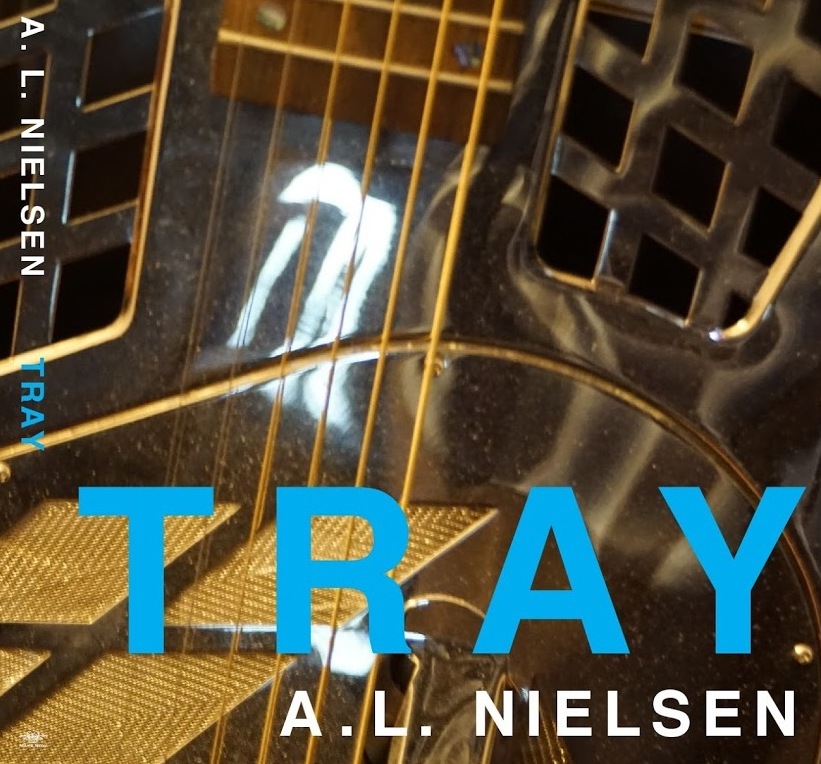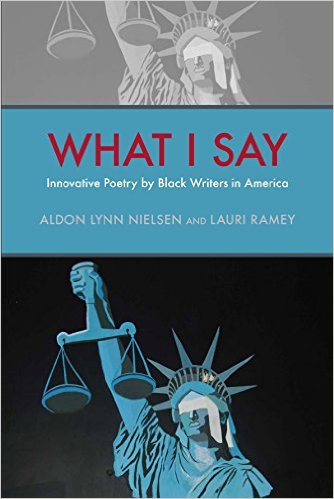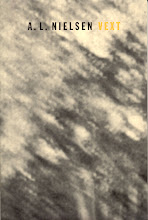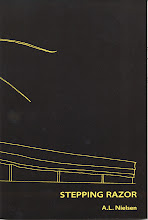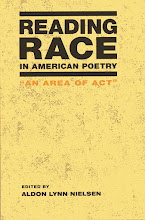I was sorry to have missed the American Literature Association meeting in D.C. last year, the first I'd missed since the group's inception. But I was back in Boston with the crew this year, an exceptionally satisfactory year as things turned out.

The anthology Lauri Ramey and I edited, What I Say: Innovative Poetry by Black Writers in America, was released from the University of Alabama Press just in time for the conference, and attracted considerable attention for the poets.
This year saw the formation of an Anna Julia Cooper Society, and Mary Helen Washington, seen here with Shirley Moody Turner and Kathryn Gines, was presented the society's first award for scholarship.
There was a panel titled "Rereading Race in Gertrude Stein" which had some interesting papers, though it seems the presenters had no idea regarding the origins of their panel's title. Ah humanity . . .
This was a banner year for Mary Helen Washington. Her long anticipated study The Other Blacklist was published, and was the subject of a great panel discussion.
Among the more touching moments at the conference, the Pauline Hopkins Society presented their first essay prize for a high school student. The award was presented, along with the Morrison Society awards, at the annual reception organized by the African American Literature and Culture Society.
Evie Shockley was the recipient of this year's Stephen Henderson Award. and gave an amazing reading, introduced by Meta DuEwa Jones.
My colleagues in the African American Literature and Culture Society used the occasion of my absence last year to conspire in secrecy to embarrass me with praise. It worked. I blushed.
This year also saw the formation of the Amiri Baraka Author Society, at the instigation of Gregory Pierrot. There was a first panel, featuring wotks on Baraka and Hughes, by Tyrone Williams, Jean-Philippe Marcoux and John Lowney. There was also an inaugural round table with presentations by Houston Baker, Komosi Woodard, Aldon Nielsen, Meta Jones and Brent Edwards, chaired by Anna Everett. The organizing meeting of the society met immediately after. Pierrot is the new president, Marcoux the Vice President. Secretary/Treasury duties being shared by the generous Anna Everett and Oty Agbajoh-Laoye. The society has already established a Face Book page, with a web site soon to follow.











































